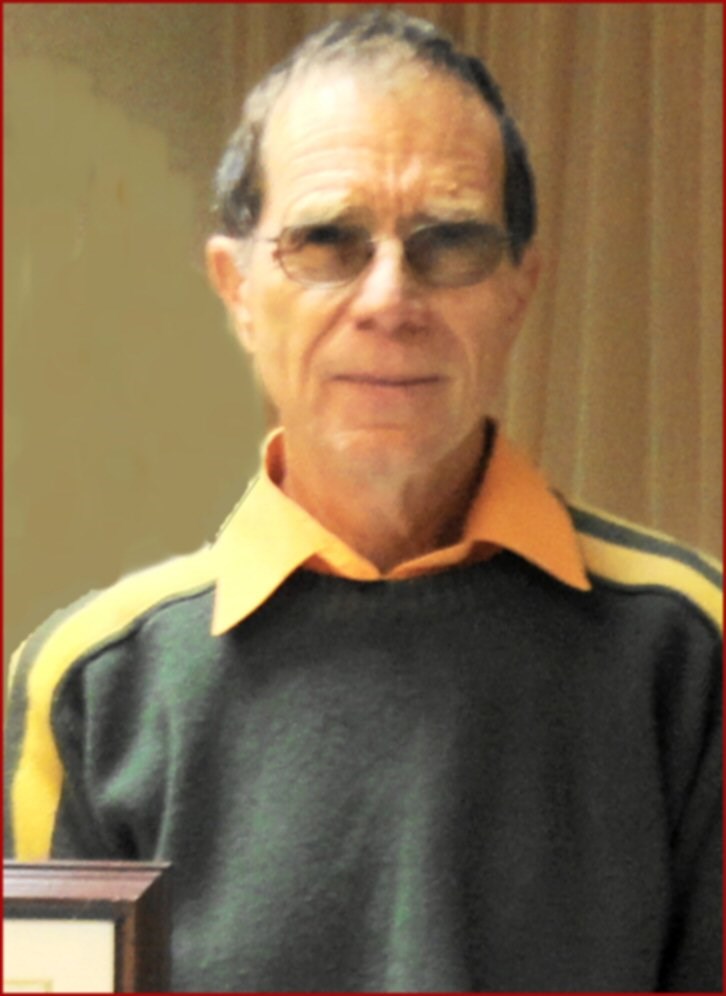By: Tony Chezzi
I grew up in a small community called Gatchell. It had a very large immigrant population, mainly Italian.
Although I am not an immigrant, nor were my parents, we did identify with our Italian neighbours. At the heart of this community was the parish Church.
In Gatchell, at the same time, there were other families who didn’t belong to the Catholic community. They were members of the United Church or a Pentecostal Church, Gospel Hall. We, as Catholics, were told never to have anything to do with “those” people. If we did, we were endangering our immortal souls.
Little did I know then that the teaching of no salvation outside the church was alive and strong.
Likewise, the people who belonged to the other church communities had nothing or little to do with Catholics, aside from the barbs we heard on days like Palm Sunday when some from the other side would taunt Catholics with phrases like “weed Sunday.”
The divisions of the Reformation were alive and well in those days.
Division was not the intent of Martin Luther who nailed 95 theses to the church door in Wittenberg on Oct. 31, 1517. His intent was to discuss the areas of Christian life which needed reform in order to help the church become more meaningful in the lives of the people.
His theses were seen as a threat to the religious hierarchy of the time and the rest is history. The Council of Trent, called as a reforming council, issued decrees to which Catholics must adhere and anathemas (issues of excommunication) if Catholics dissented.
It was a defensive council, unlike the Second Vatican Council, which was an ecumenical council: a gathering of bishops, observers from other faiths, and people from all over the world.
It produced 16 documents which highlighted the Catholic Church’s desire to operate in the contemporary realm. It issued no new laws or anathemas, but encouraged dialogue and co-operation between all Christians and non-Christian people.
Hans Kung, one of the great theologians of the council, said, “No peace among the nations without peace among the religions. No peace among the religions without dialogue between the religions. No dialogue between the religions without investigating the foundations of the religions.”
So, on Sept. 21–22, 2017, members of the Anglican, Baptist, Catholic, Lutheran, Mennonite, Methodist, Pentecostal, Presbyterian and United Churches will gather at the Holiday Inn to commemorate the 500th anniversary of the Reformation movement and to address a critical moment in our Christian history by moving beyond the controversies and disagreements that have often come between Christians and hindered our common work and witness.
Given the terror of our time, I have often said that I am glad to be living in the back- water, but this event in Sudbury will have implications for world peace as we join other communities across Canada, the United States and Europe in dialogue and prayer for Christian unity.
Anthony Chezzi is is a member of the Nord500North planning team.
